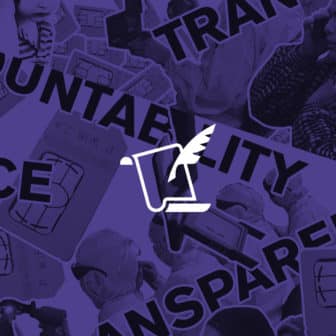Region: North America

Access Now announces RightsCon Toronto: May 16-18, 2018
15 Jun 2017
•
RightsCon Toronto 2018 will take place from Wednesday, May 16 to Friday, May 18, 2018, at the Beanfield Centre at Exhibition Place in Toronto, Ontario, Canada.

Coalition to U.S. intelligence director: No backtracking on surveillance transparency
13 Jun 2017

The U.S. has to stop spying without protecting human rights. Fixing Section 702 is a start.
26 May 2017
•
Today more than 30 major companies and organizations joined the effort to reform Section 702 the U.S. FISA Amendments Act (FAA).

In the face of hate, tech companies must embrace human rights
17 May 2017
•
What Cloudflare’s abuse reporting policy can teach us about hate groups and human rights.

With James Comey Out at the FBI, American Privacy Could Take a Hammering
10 May 2017

RightsCon community: Thank you Brussels — and hello Toronto!
3 Apr 2017
•
We’re holding the next RightsCon in Canada!

Assange: WikiLeaks Will Help Tech Giants Stop CIA Snooping
9 Mar 2017

Everything you need to know about the CIA ‘Vault 7’ Wikileaks files
8 Mar 2017

Citizen Lab exposes how cyber-spies subvert activists’ rights
8 Mar 2017

WikiLeaks dump reignites debate over feds hoarding zero days
8 Mar 2017